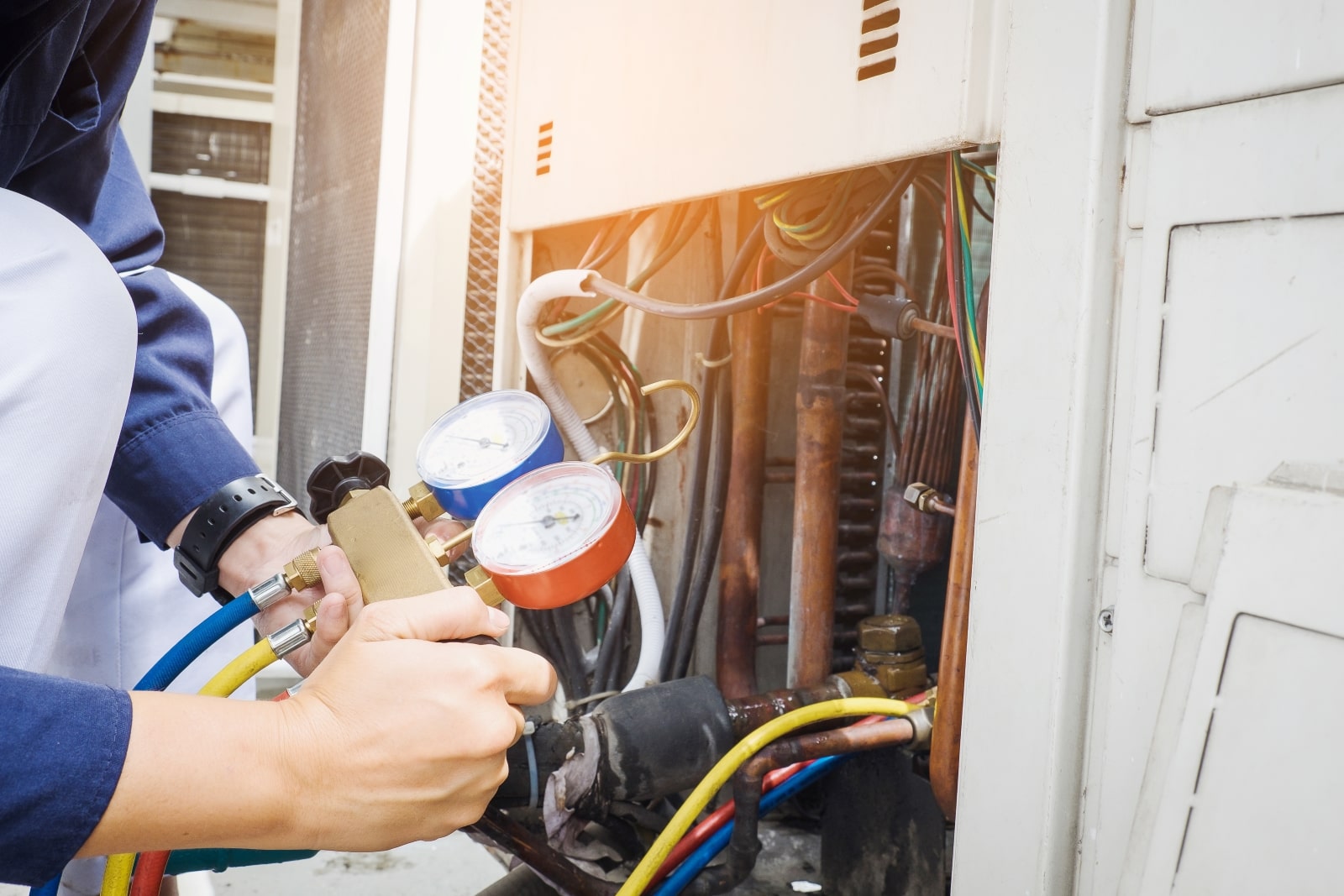Unveiling the Comfort
In the realm of modern living, HVAC (Heating, Ventilation, and Air Conditioning) systems have become an indispensable part of ensuring comfort and well-being within our living spaces. In condos, where multiple units share a common infrastructure, the proper maintenance of HVAC systems, including zone valves, takes on added significance. Let's delve into the world of HVAC systems and understand the roles and responsibilities when it comes to zone valve maintenance in condominiums.
The Crucial Role of Zone Valves
Within HVAC systems, zone valves play a pivotal role in controlling the distribution of heated or cooled air to specific areas, or zones, within a building. In condos, where individual units coexist alongside shared spaces such as hallways and common areas, zone valves allow for customized temperature control in each unit, thereby maximizing comfort and energy efficiency. These valves are responsible for directing the flow of air or water to different zones, ensuring that occupants can tailor their indoor environment to their preferences.
Responsibility for Zone Valve Maintenance
In a condominium setting, the responsibility for zone valve maintenance can vary based on factors such as the condo association's bylaws, management structure, and agreements between unit owners and the association. Typically, the maintenance and upkeep of common HVAC infrastructure, including zone valves, fall under the purview of the condo association and handled by the property management company. This arrangement ensures uniformity in maintenance standards and prevents individual unit owners from making unauthorized modifications that could affect the overall HVAC system's functionality.
Condo Association and Property Management Involvement
Condo associations or property management companies are tasked with maintaining the common elements of the building, which includes HVAC systems and their components like zone valves. These entities typically arrange regular inspections, maintenance, and repairs to ensure the proper functioning of the HVAC system. They may also establish service contracts with HVAC professionals who specialize in maintaining complex HVAC infrastructure.
Individual Unit Owners' Responsibilities
While condo associations or property management companies are primarily responsible for maintaining shared HVAC infrastructure, individual unit owners have their own role to play. This includes regularly changing air filters, reporting any issues they observe, and cooperating with scheduled maintenance visits. Open communication between unit owners and the association or management company is essential to address any concerns promptly and ensure the overall efficiency of the HVAC system.
Conclusion
In the condominium setting, HVAC systems, along with zone valves, create a harmonious blend of comfort and efficiency for all occupants. While the maintenance of these systems falls under the jurisdiction of condo associations or property management companies, individual unit owners also contribute to the collective effort. By understanding the shared responsibilities and cooperating with professionals, residents can enjoy a comfortable living environment while contributing to the longevity and performance of the HVAC systems that enhance their quality of life.




